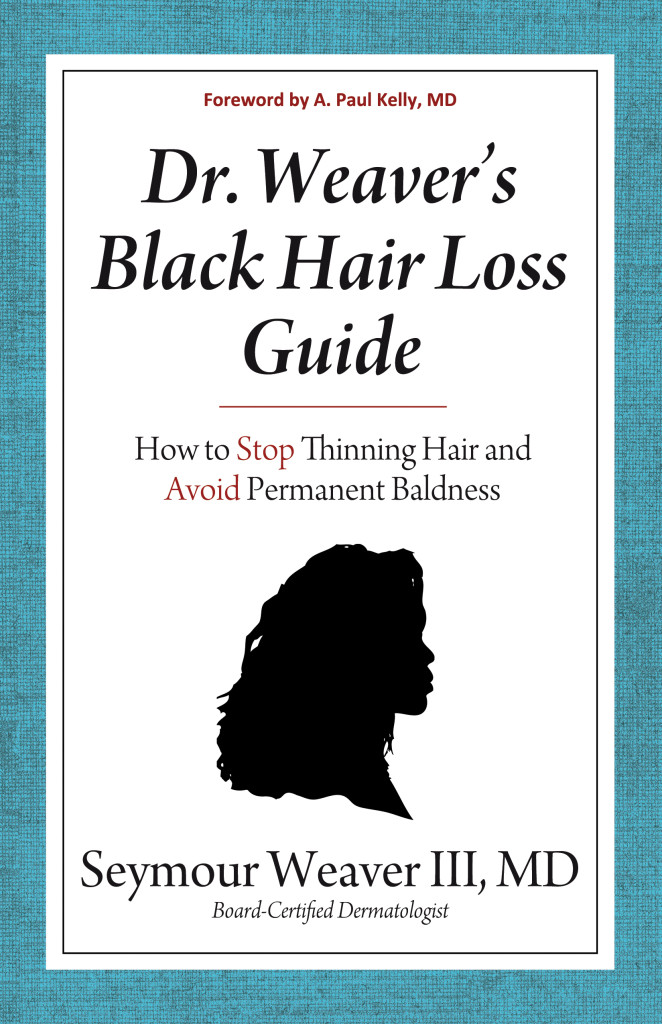A Call for the Medical Community to Bridge the Gap that Exists Between Them and Hair Stylists
Doctors often lament the fact that patients who are experiencing hair loss come to them when it is too late to prevent permanent baldness. With his new book ‘Dr. Weaver’s Black Hair Loss Guide”, Seymour Weaver III, MD bridges the gap between doctors and the first person to notice hair loss: hair stylists.
Many medical professionals wish that there were a way to spark a conversation with the hair styling community. Hair stylists see clients more regularly than their doctor sees them, meaning that they are the first line of defense when it comes to spotting thinning hair before it is too late. By the time that women decide to go to the doctor, it is often too late. In his new book, Dr. Weaver’s Black Hair Loss Guide: How to Stop Thinning Hair and Avoid Permanent Baldness, Dr. Seymour Weaver bridges the gap, empowering hair stylists to be better advisors to their clients.
Once this bridge is built, doctors will no longer have to hope that patients will know to seek their help. Many people who suffer from hair loss simply do not know that it is far more than a vanity issue: it is a real, medical issue, for which treatment is necessary. Similarly, many hairstylists have no access to the medical information that they need to provide their clients with.
In his book, Dr. Weaver provides both potential patients and hairstylists with the information that they need, including the underlying causes, the diagnosis process, and treatment. In emphasizing the important of seeking treatment and the relationship that needs to exist between medical professionals and hair stylists, Dr. Weaver is a catalyst for change.
By bridging this gap, Dr. Weaver helps women to increase their chances of getting the appropriate treatment before it is too late for their hair. Dr. Weaver recognizes the importance of a national discussion on the topic, and by sparking it, women will be able to seek the treatment that they need and start reversing their hair loss.
Dr. Seymour Weaver
Dr. Weaver is board certified in dermatology and a member of many medical organizations (American Academy of Dermatology, American Medical Association, American Society of Dermatologic Surgery, American Society for Liposuction Surgery, Houston Dermatological Society, National Medical Association, Texas Dermatological Society, Texas Medical Association) and is specifically recognized for his expertise in anti-aging dermatology, treating hairloss and scalp disorders, dermatological laser procedures with capabilities to treat skin of every color, and surgical and non-surgical body shaping procedures.
He received his medical degree from Baylor College of Medicine. He completed a medical internship at Los Angeles County/USC medical center and dermatology training at Martin Luther King, Jr. Medical Center in Los Angeles. He also studied tropical dermatology in Nairobi, Kenya at the Kenyatta National Hospital.
For more information, please visit http://drseymourweaver.com.
and MedicalHairProfessionals.com
“Like” Dr. Seymour Weaver on Facebook at https://www.facebook.com/DrSeymourWeaver
Follow Dr. Seymour Weaver on Twitter @DrSeymourWeaver.

